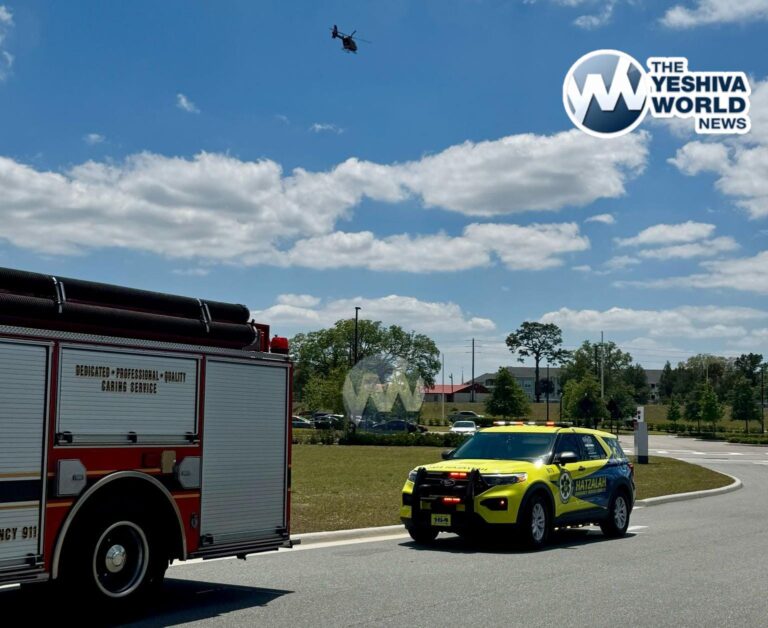Southwest Airlines flights appeared to be running closer to normal on Tuesday after the airline canceled nearly 2,400 flights over the previous three days.
By midday Tuesday, Southwest had canceled fewer than 100 flights, or 2% of its schedule, according to tracking service FlightAware. More than 400 other flights were running late.
Southwest maintains that bad weather and air traffic control issues in Florida on Friday triggered cascading failures in which planes and pilots were trapped out of position for their next flight. The crisis peaked on Sunday, when Southwest canceled more than 1,100 flights, or 30% of its schedule.
“When you get behind, it just takes several days to catch up,” CEO Gary Kelly said Tuesday on CNBC. “We were significantly set behind on Friday.”
Casey Murray, the president of the pilots’ union at Southwest, blames the airline for poor planning. He told The Associated Press that flaws in the airline’s crew-scheduling system made it hard to staff flights and allowed a minor setback to become a meltdown.
Southwest had already trimmed its fall schedule after widespread cancellations and delays over the summer. The airline thought those reductions had helped, but the weekend debacle is causing it to consider further reductions in schedules for November and December.
The flight disruptions began shortly after the union for Southwest’s 9,000 pilots asked a federal court to block the airline’s order that all employees get vaccinated against COVID-19. The union argued that Southwest should negotiate terms of such a mandate.
Both Southwest and the union deny that the flight disruptions were due to a protest sickout or slowdown by employees. Kelly and Murray both said that absentee rates over the weekend were normal, although they did not provide numbers.
Shares of Dallas-based Southwest Airlines Co. rose 1% in midday trading after falling 4% on Monday.
(AP)











